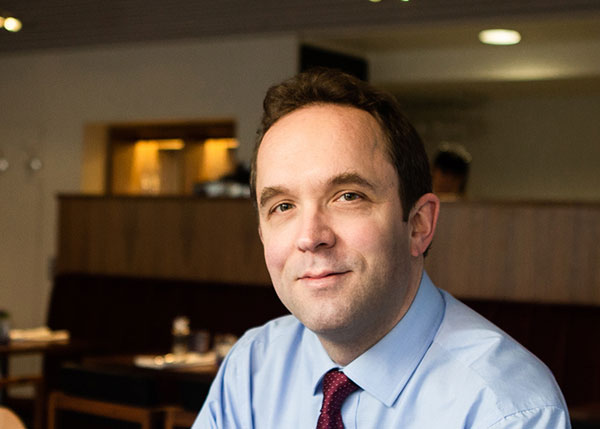Training needs in a post-lockdown landscape
 |
| Edward Cooke |
The global COVID-19 pandemic has seen massive changes in the family justice sector, certainly in the short-term, with potentially long-lasting effects. With these changes, the need for professional development has never been greater. Edward Cooke, who chairs Resolution’s Training and Learning Committee, and runs his own family law practice in Chichester, West Sussex, looks at the changing face of training.
Where do you think the biggest challenges lie in working online?
In my own firm we’ve focused a great deal on identifying training on essential skills. This was valuable pre-Covid, but it’s absolutely vital now. With more client meetings happening over video calls now, those skills around non-verbal communication are critical to success. It’s much harder to read body language, to manage conflict, and the psychology of divorce is made even more challenging if you’re not in the same room.
It’s the same with negotiating effectively, advocacy skills, and mediation - even if you don’t go on to be a mediator, understanding how you can better manage conflict can benefit us all, and that need is even more acute when working online. If we’re truly focused on delivering better outcomes for families, then increasing and diversifying our skillset becomes crucial.
What do you think training will look like once
we’re ‘back to normal’?
I think there’s a massive amount of uncertainty as to what normal will look like, and how soon we’ll get there, but those factors aside, I do think being able to access a wide breadth and depth of different training will be crucial for professionals. The fact that so many have now got used to learning and working online means there’ll be much more of this in the future - and I’m proud that Resolution’s been able to deliver so much training for members so quickly given the enormous changes we’ve all been dealing with.
The advantages and hidden value of face-to-face training means that won’t be gone forever, though. We all need human interaction, we need networking opportunities, we need to socialise - but where training is predominantly about the transfer and sharing of knowledge, that lends itself more naturally to online delivery and we’ll be seeing much more of that in the future.
So my message to practitioners is: don’t get left behind. Look at what training is available, particularly on the Resolution website; look at the needs of your whole team; and stay ahead of the curve. Family justice is in a period of huge change - it’s time for everyone to unlock the world of online training.
---
Learn more about Resolution’s training
Comments
Post a Comment
Thank you for taking the time to comment on this post. Constructive comments are always welcome, even if they do not coincide with my views! Please note, however, that comments will be removed or not published if I consider that:
* They are not relevant to the subject of this post; or
* They are (or are possibly) defamatory; or
* They breach court reporting rules; or
* They contain derogatory, abusive or threatening language; or
* They contain 'spam' advertisements (including links to any commercial websites).
Please also note that I am unable to give advice.